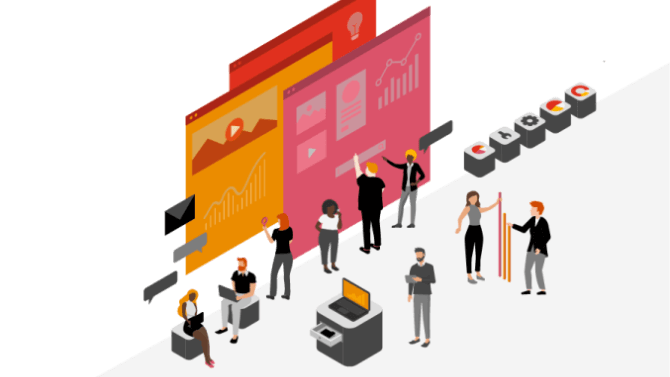Web 3.0 – one of the emerging technologies in India – comprises a decentralised web and when we talk about decentralisation, Blockchain comes at the top of its stack. Blockchain has garnered substantial hype by the proliferation of multiple cryptocurrencies, notably Bitcoin and Ethereum.
Web 3.0























